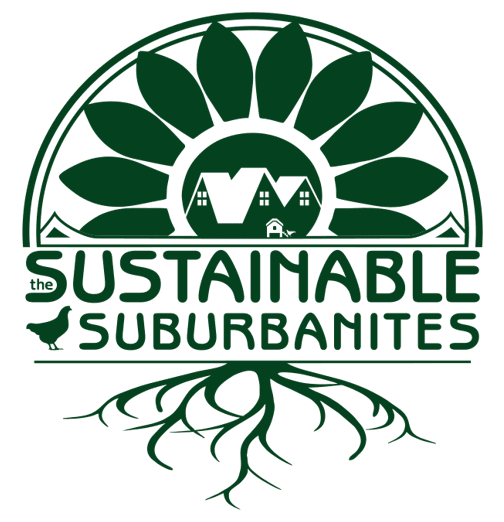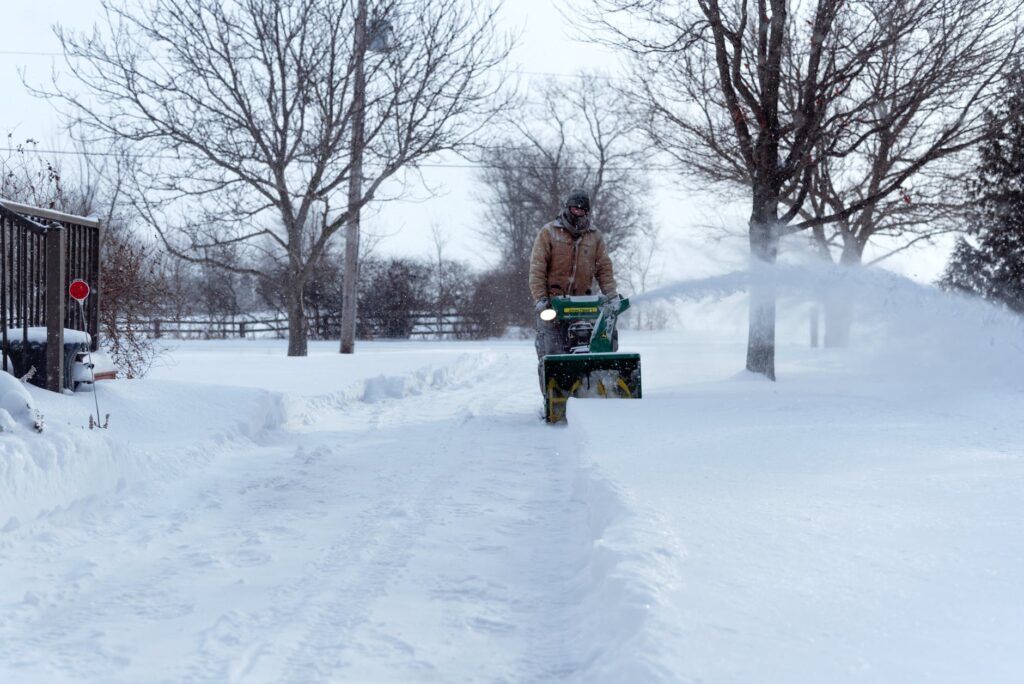I tweeted some questions about suburban snowblower culture this morning and unintentionally had a great conversation about accessibility and gas-powered tool ownership. What started as a simple chuckle at our suburban neighbors fuming at their sedan size, gas-guzzling snowblowers that wouldn’t work quickly turned into a series of questions and comments about who has snowblowers and why. It’s also a great example of why asking usually works better than immediate aggression. Asking questions can lead to productive conversations about how we can make environmentally friendly living easier for all people.
(Important to note: Our midwestern suburban culture is so heavily non-confrontational and “Nebraska Nice” that quite often, even simple questions are interpreted as “confrontation.” The only way to change that norm though, is to defy it. We will never back down from asking questions that can make our communities happier and healthier.)
There were a few key takeaways from the conversation:
- Elderly folks find their snowblowers helpful because shoveling heavy snow is a challenge.
- Electric snow-blowers are lighter and easier to use for all bodies, but cost-prohibitive and hard to find.
- Unhealthy gas-powered snowblowers dominate the market and are one of many problematic suburban status symbols.
Related Post: Sustainable Lawncare: Changing Your Definition of “Lawn“
What we do we do with this information?
Obviously, none of us can personally fix the availability of electric snow-blowers on the market overnight. We can shift our individual consumer habits toward electric as our budgets allow, but it’s going to take a lot more time and regulation for new gas-powered lawn tools like blowers and mowers to come off the market entirely.
We can also be willing to forgo the snowblowers and lawnmowers entirely in favor of manual options like shovels and push mowers as physical, financial, and time limitations allow, but we shouldn’t by default expect others to do the same, or shame them for using a tool that is helpful to them.
Aggressive demands of individuals don’t solve problems because they don’t address why folks make the choices they do in the first place. An aggressive approach also fails to take into account the inherent ableism and classism that may lie within the demands. Gas-powered tools are noisy and pollution-generating, but the fault for that lies in the hand of our oppressive capitalistic system that values fossil fuel profits over people and the planet.
What I’m Personally Going to Do With This Info
I suppose my biggest takeaway from this conversation is that suburban snowblower competition culture is parallel to a lot of issues we see here in the suburbs. Many folks have this item only because they feel like they can or should, even though they’re not necessary or even enjoyable for every person. They have the thing to have the thing because the neighbors also have the thing. Then they’re mad because they have the thing, and it doesn’t actually enrich their life in any way. We all just have more things to have the things.
I want people to know that they don’t have to live their lives this way.
I’m quite sure some of them would be much happier to yeet the snowblower back into the shed forever and snag the shovel to clear the walk. Heck, that’s what one irate dude decided to do after over an hour of stinking up the whole block with snowblower fumes and still not getting the thing to blow snow anywhere but right back into his driveway.
All I can do is continue on my journey to end competitive materialism in my own life, and have polite conversations with folks who have different perspectives than me. I’m not going to go on an aggressive anti-snowblower campaign, but I feel more empowered to engage with the people around me who own them. I still want to problem-solve the issue of “gas-guzzling machines smelling up the suburbs and making a lot of noise at 7 am” in a thoughtful, productive, and inclusive way (I can do this with snowblowers but leafblowers can fuuuuuckkk all the way off thanks)
I’m also going to keep shoveling and scraping snow with a smile. I have the privilege to be able to do so with my body, even though it can be hard work. The culture of this place around us has so many folks disconnected from the joy and privilege of using our bodies in an active way. This contributes to the intense addiction to “stuff” in search of happiness and ease, and I enjoy existing in defiance of that norm.

